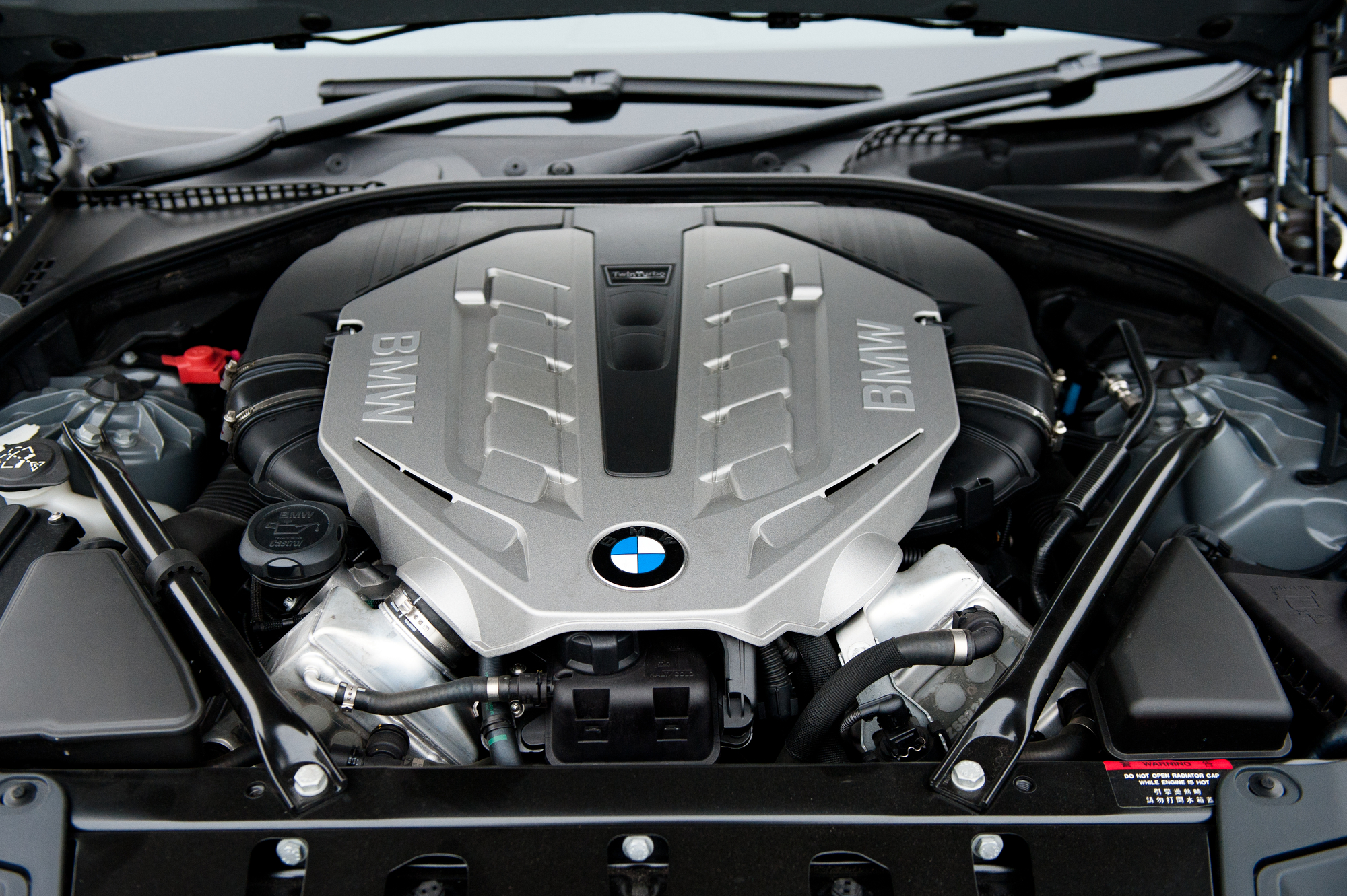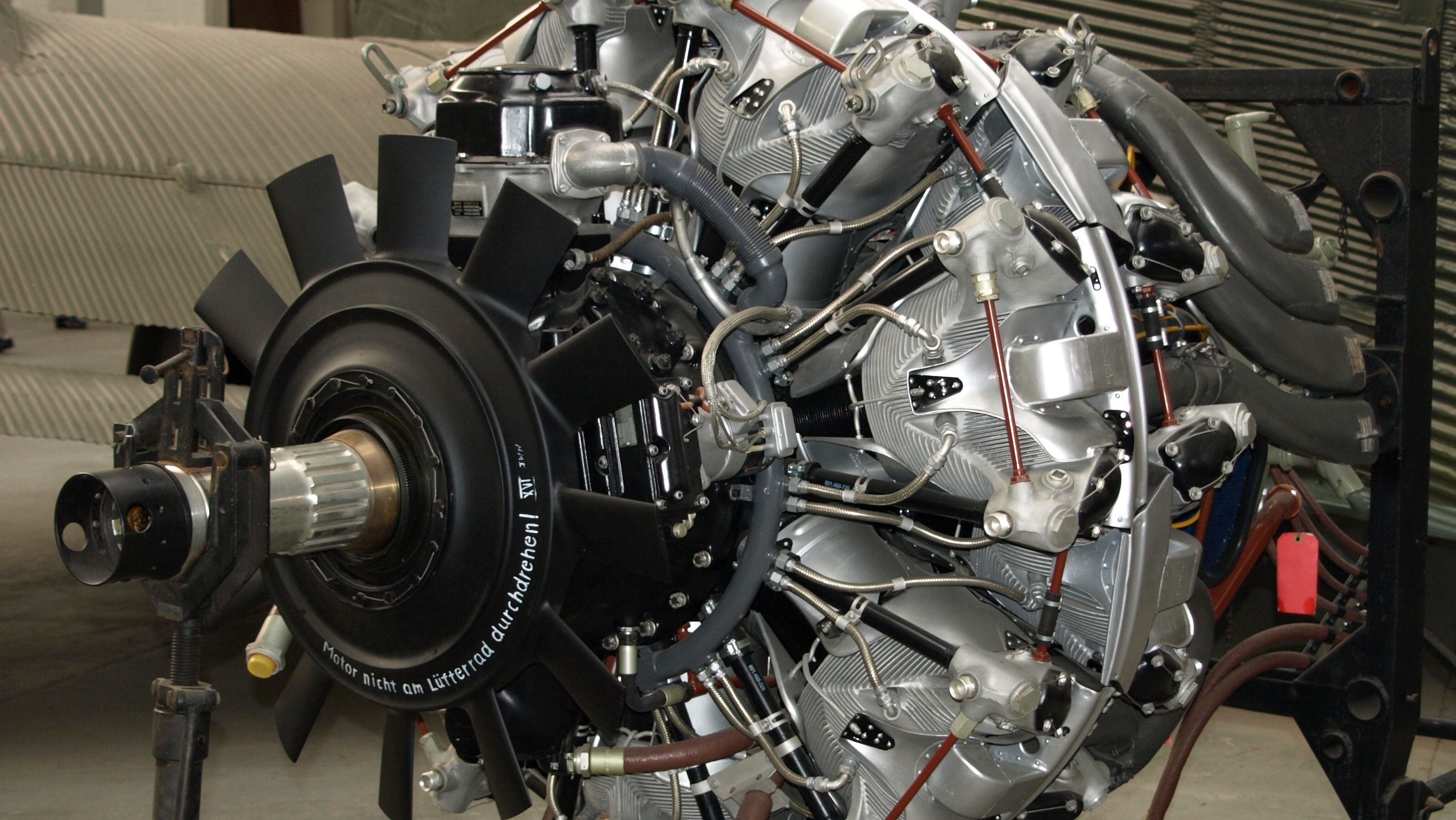The Duty of BMW Engine Layout in Getting Exceptional Fuel Performance
The Duty of BMW Engine Layout in Getting Exceptional Fuel Performance
Blog Article
Unveiling the Intricacies of Next-Generation Power Units: a Deep Dive Into Advanced Engine Designs and Innovations
As we stand on the precipice of a brand-new era in transport, the complexities of next-generation engine styles beckon us to check out the sophisticated modern technologies and innovations that assure to redefine the driving experience. Diving much deeper right into the realms of exhaust control, intelligent engine monitoring systems, and the horizon of power system development, we find ourselves on the cusp of a makeover that assures to reshape the landscape of wheelchair as we understand it.
Evolution of Engine Materials

The change in the direction of advanced engine products has actually likewise made it possible for designers to make engines with higher power outputs while preserving gas performance standards. The use of light-weight materials lowers the total weight of the engine, leading to enhanced gas economic situation and reduced emissions. In addition, improvements in materials technology have actually permitted better thermal management within engines, leading to enhanced dependability and longevity.
Turbocharging and Supercharging Technologies
Just How do Turbocharging and Supercharging Technologies change engine efficiency and efficiency in contemporary cars? Turbocharging and turbo charging are modern technologies that significantly boost engine efficiency by raising the quantity of air intake into the burning chamber. Turbocharging accomplishes this by utilizing a generator driven by exhaust gases to pressurize the consumption air, while turbo charging utilizes a belt- or chain-driven compressor to accomplish the very same result.
These innovations make it possible for smaller sized, more fuel-efficient engines to generate power equal to larger ones, referred to as downsizing. Forcibly more air into the cyndrical tubes, turbo charging and turbocharging enhance burning performance, leading to raised horsepower and torque result without a considerable boost in engine size. This results in much better velocity, hauling capability, and general driving performance.
Furthermore, turbocharging and turbo charging contribute to improved fuel performance by allowing the usage of smaller sized engines that consume less gas under regular driving conditions - bmw engine. This combination of enhanced performance and performance has made turbocharging and turbo charging important parts of lots of modern engine designs
Discharge Control and Environmental Effect
With boosting worldwide issues pertaining to air top quality and environmental sustainability, the execution of emission control technologies in cars plays an important duty in minimizing unsafe contaminants released right into the ambience. Modern vehicles are geared up with advanced exhaust control systems that assist lessen the environmental influence of vehicle operations. Catalytic converters, for example, are developed to convert hazardous gases such as carbon monoxide, nitrogen oxides, and hydrocarbons into less unsafe substances like carbon dioxide and water vapor.
In addition, innovations in engine technology, such as the combination of exhaust gas recirculation systems and careful catalytic reduction, have actually significantly added to reducing exhausts. These modern technologies operate in tandem to optimize combustion performance and minimize the release of harmful toxins into the air. Furthermore, the development of crossbreed and electrical lorries represents an important action towards minimizing the general environmental footprint of the transportation market.
Intelligent Engine Administration Systems

Additionally, these systems make it possible for cars to fulfill rigorous discharges criteria without compromising performance, giving a more eco-friendly driving experience. The combination site web of expert system and artificial intelligence capabilities in engine monitoring systems continues to push the boundaries of what is feasible, bring about more improvements in efficiency, reliability, and total vehicle performance. bmw engine. As vehicle modern technology developments, intelligent engine management systems will play an important role in forming the future of transport in the direction of a more sustainable and effective instructions
Future Trends in Power System Development
As smart engine administration systems lead the way for improved control and optimization in modern automobiles, future fads in power unit growth are positioned to redefine the landscape of vehicle propulsion innovations. These different power resources supply improved efficiency and efficiency while lining up with strict ecological policies.
An additional considerable trend is the assimilation of innovative products and manufacturing methods. Light-weight products such as carbon fiber and light weight aluminum are being utilized to decrease overall car weight, boosting gas effectiveness and performance. In addition, innovations in 3D printing and additive production are allowing the production of complex engine parts with higher accuracy and longevity.
In addition, expert system and artificial intelligence are playing a crucial function in optimizing power device performance. These technologies enable real-time tracking and adaptive control, causing more reputable and efficient power shipment. Overall, future patterns in power device advancement are tailored towards sustainability, efficiency, and efficiency, driving the vehicle sector towards a new period of propulsion technologies.

Final Thought
In verdict, the developments in engine products, turbocharging, discharge control, and smart administration systems have paved the means for next-generation power units. The detailed styles and technologies in modern engines showcase the continuous evolution of vehicle innovation.
Discovering the modern innovations in engine materials has been crucial in enhancing the efficiency and efficiency of modern engines. Over the years, the evolution of engine materials has played a vital duty in pressing the borders of what helpful resources engines can attain.The change in the direction of progressed engine materials has likewise made it possible for designers to make engines with greater power outcomes while maintaining fuel effectiveness standards.The implementation of intelligent engine management systems in modern-day lorries has actually revolutionized page the means engines are regulated and enhanced for performance and efficiency. By collecting information in real-time and analyzing it with sophisticated formulas, smart engine management systems can adapt to driving designs, ecological variables, and engine health and wellness to make the most of power outcome while lessening fuel consumption and exhausts.
Report this page